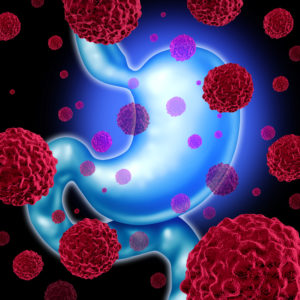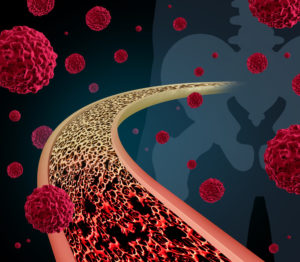
Thanks to their ability to avoid detection by the immune system, cancer cells are able to rapidly reproduce and spread. In a major breakthrough, scientists have discovered that a gene associated with hair loss could provide valuable clues to improve immunotherapy for cancer.
Autoimmune Disease: The Other Side of the Coin
Ironically, a research team at Columbia University Irving Medical Center (CUIMC) turned to the autoimmune disease alopecia areata as the topic of their recent study, published last June in Cell Systems. While cancer is marked by failure of the immune system, alopecia represents the opposite situation, an immune system in overdrive.
Alopecia results in immune cells attacking and destroying healthy hair cells. During previous research, the CUIMC team isolated a gene called IKZF1 that causes overproduction of T cells in the immune system.
“Flipping the Switch” on the Immune System
In the latest study, the scientists demonstrated that IKZF1 is turned off in many cancer cells. The team then set out to test their theory that activating IKZF1 would trigger T cells to begin attacking tumors.
The study broke down into two parts:
– When a mouse model of melanoma was engineered to express IKZF1, the corresponding tumors revealed increased levels of immune cells.
– Analysis of data from a previous study of melanoma patients showed higher recurrence in those with disabled IKZF1.
Immunotherapy for Cancer: A Personalized Treatment
Immunotherapy for cancer programs at Issels® are focused on boosting your body’s own immune system, so they’re not accompanied by the side effects that frequently accompany conventional treatments such as chemotherapy and radiation.
Visit our website for more information.




